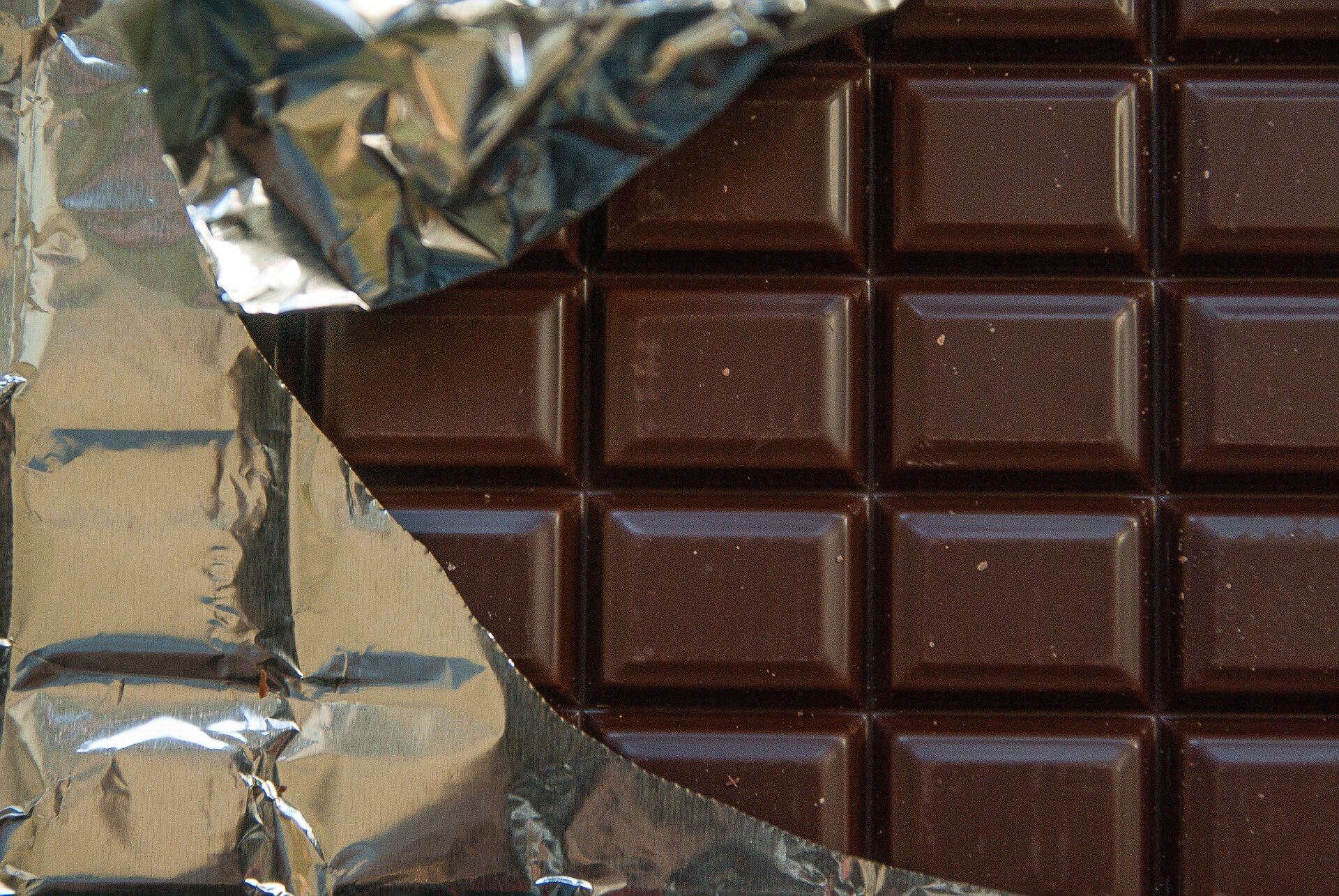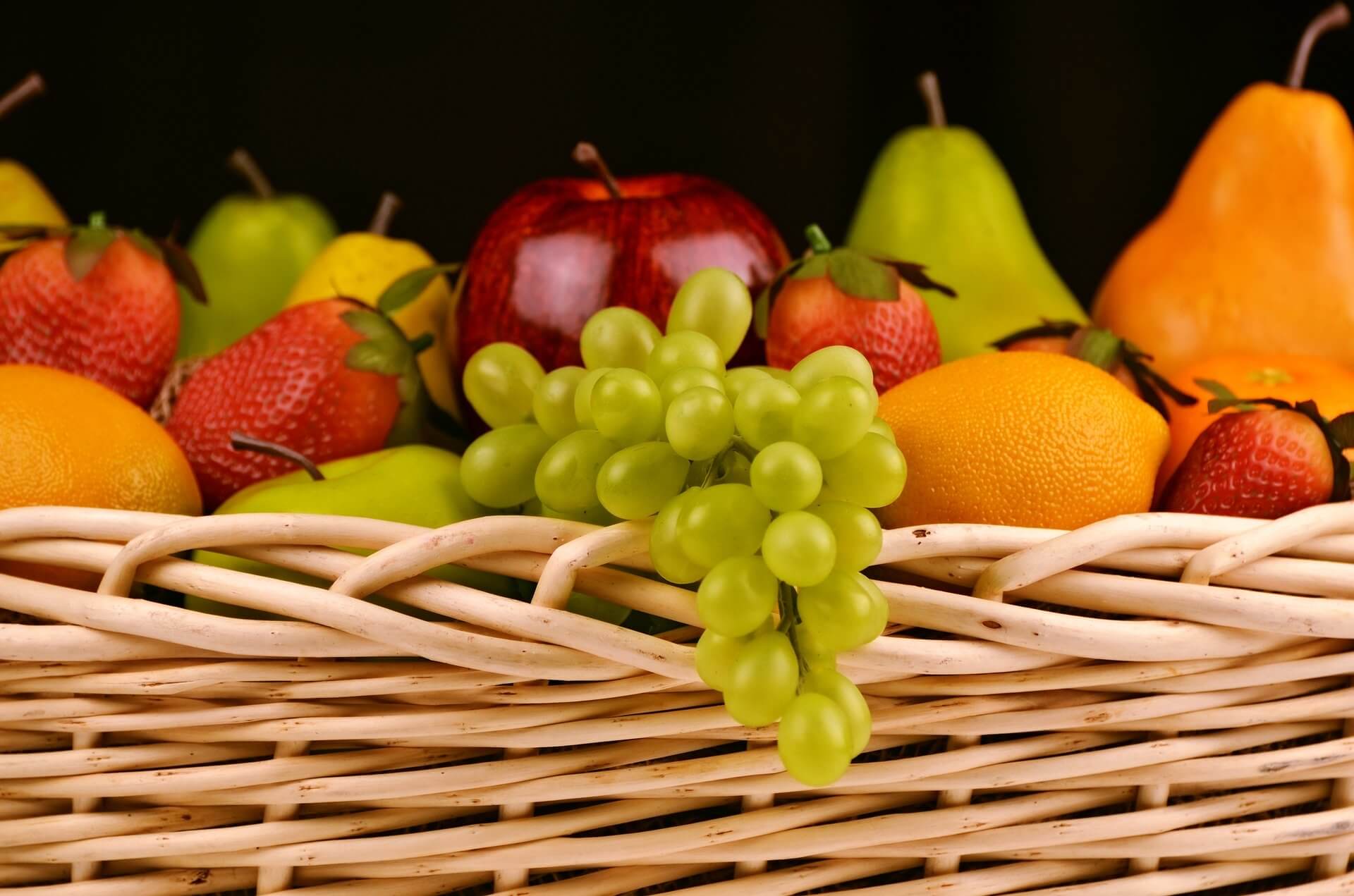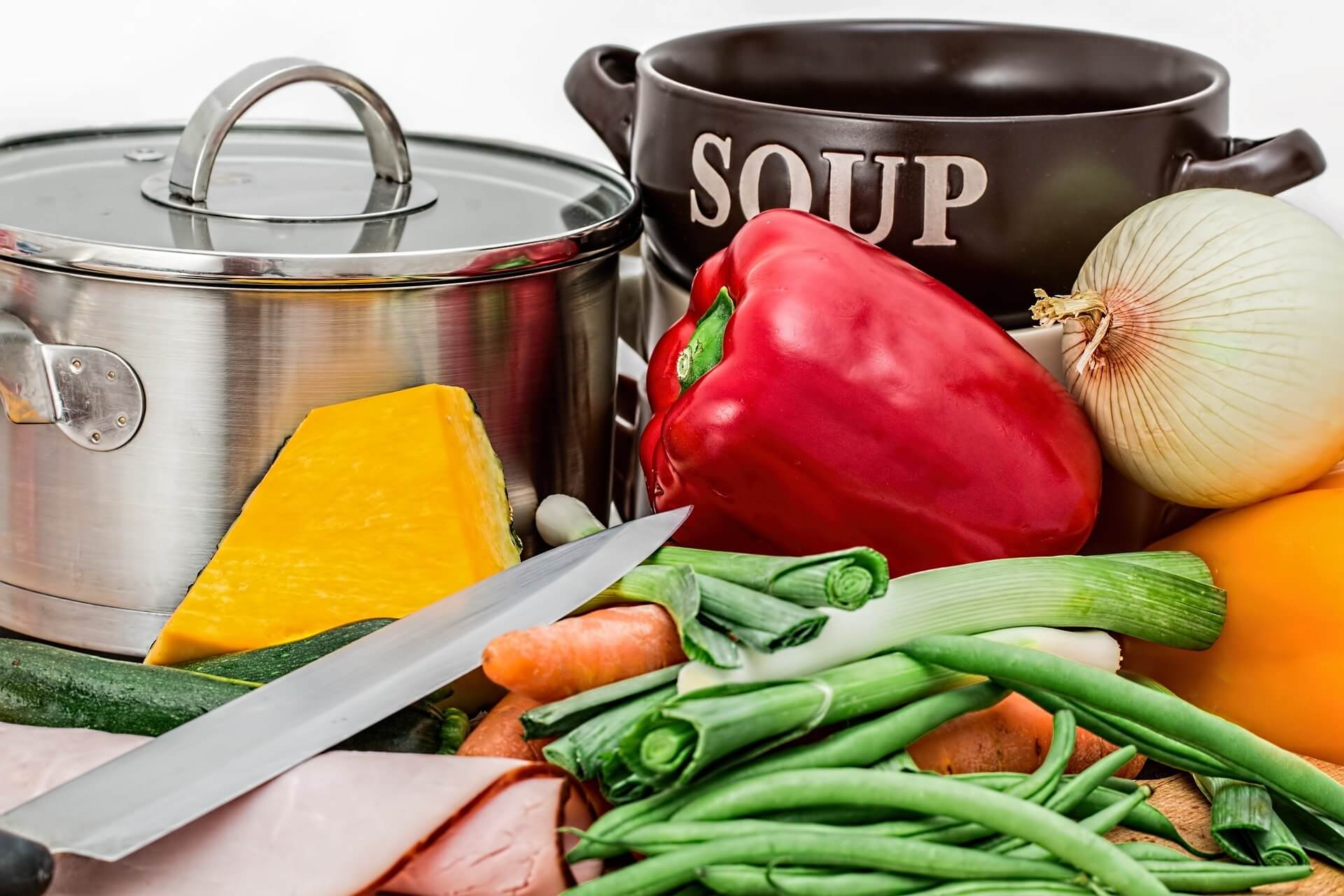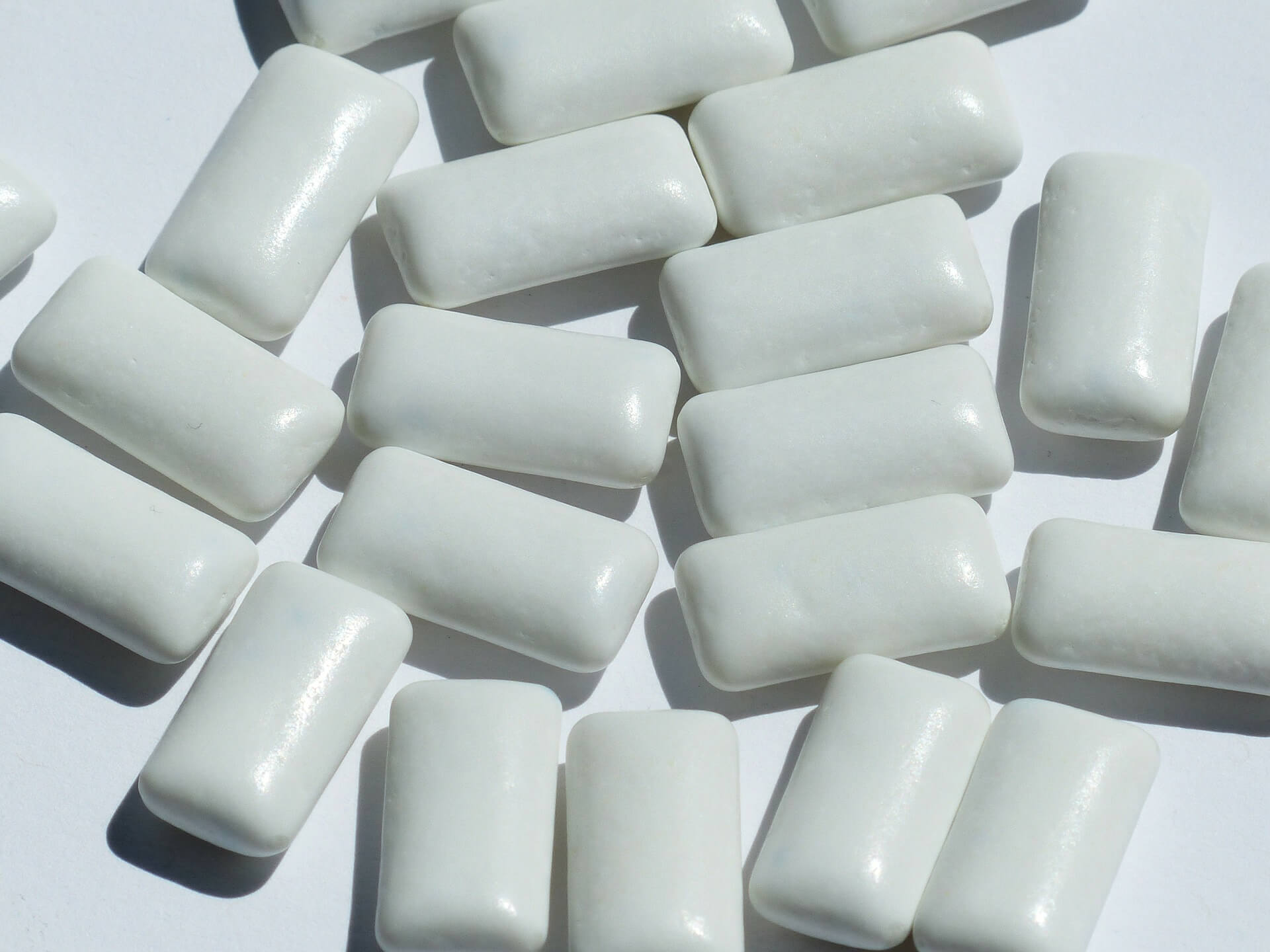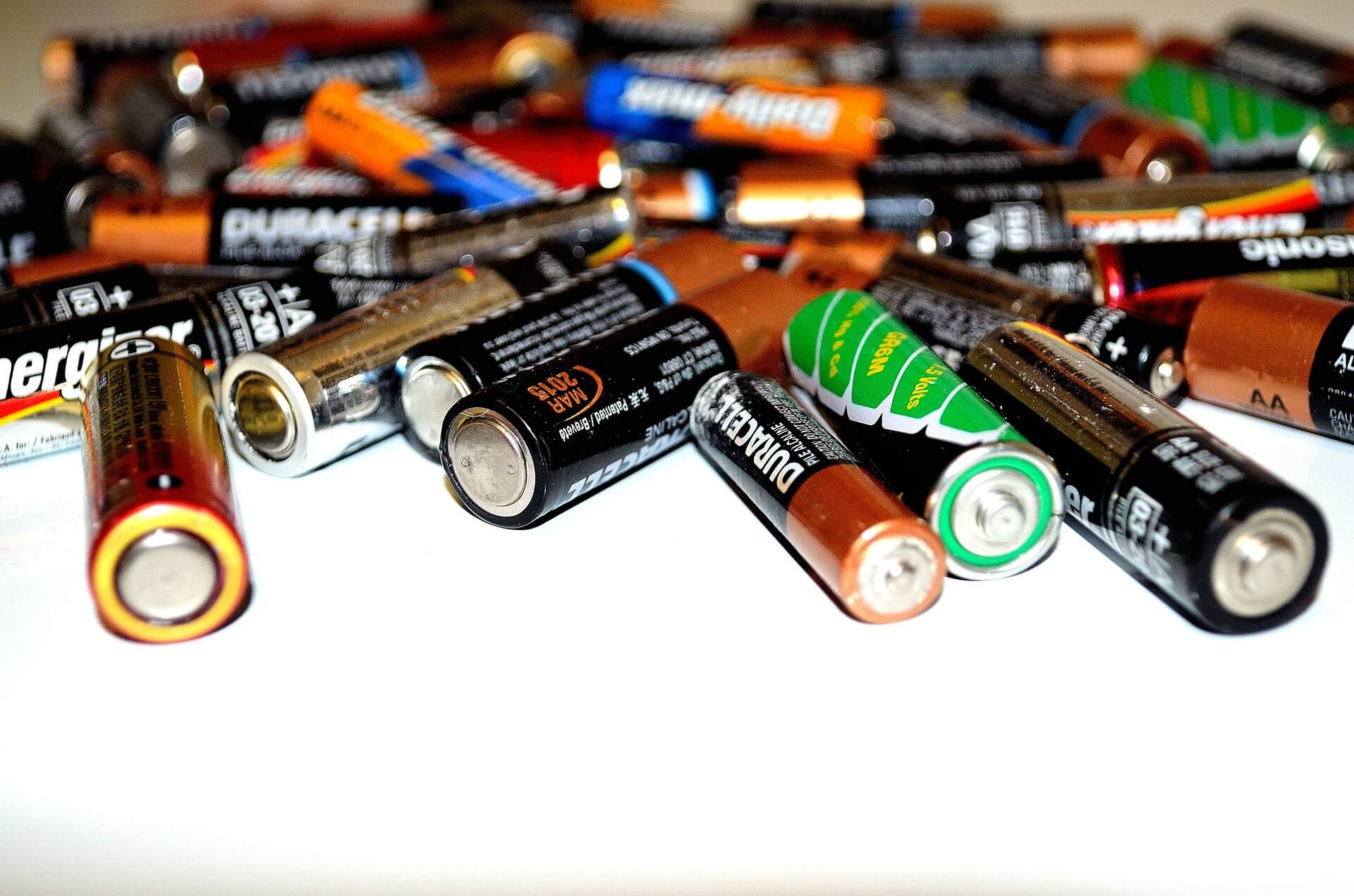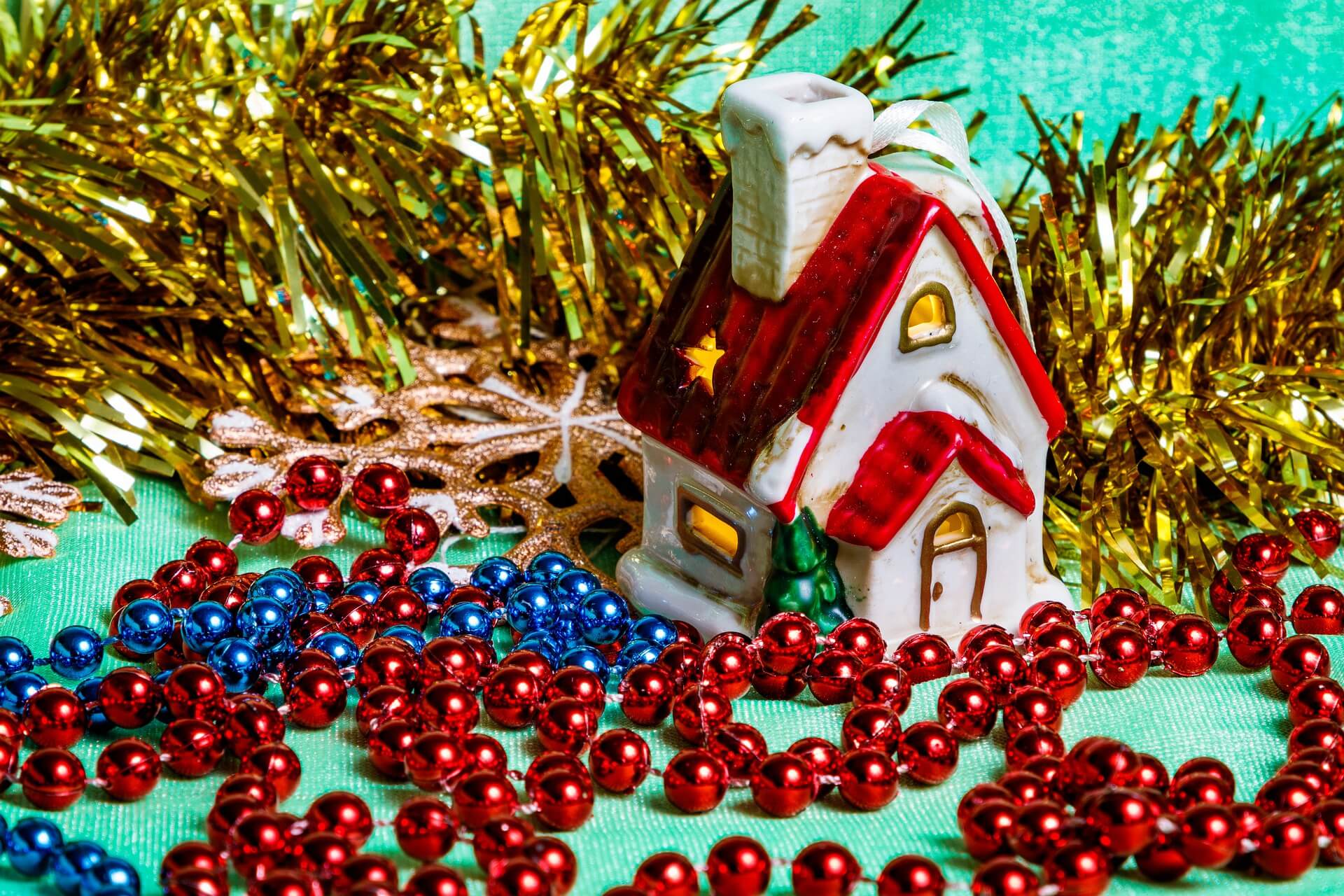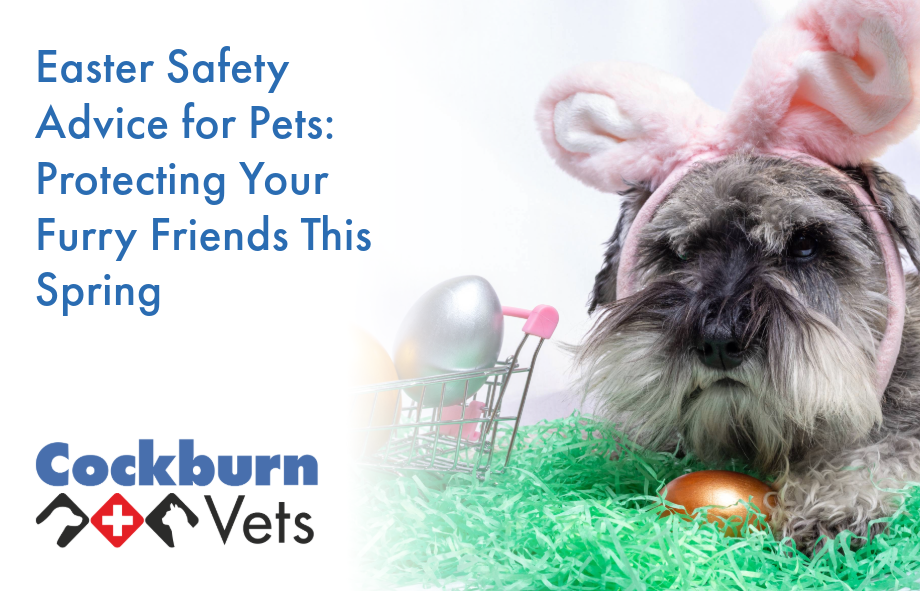Christmas is a wonderful time of the year with lots of lovely goodies to enjoy, but did you know that some of the things we enjoy most can pose dangers to our furry friends. So, here are some hints to help keep them safe.
Chocolate and pets this Christmas
Dark chocolate and milk chocolate contain substances called methylxanthine and theobromine which can make pets very ill. Please remember not to leave chocolates under your Christmas tree if your pet can get them there. If your pet has eaten chocolate they might vomit, have diarrhoea, drink and urinate more, become hyperactive, stagger and even have fits. Unfortunately, there is no antidote for these substances so if your pet has eaten a dangerous amount of chocolate, your vet will make them vomit and then give charcoal to try to prevent the chocolate from being absorbed. The vet might also collect some blood from your pet to check the effects on their organs, put them on a drip and monitor them very carefully. Providing advice is sought and action taken soon after your pet has eaten the chocolate the outlook is usually.
Grapes, raisins or sultanas and pets this Christmas
Grapes, raisins, sultanas and grape juice can cause kidney failure in pets. At present the reason that this happens is unclear and this means that there is no known safe amount which your pet can eat. Signs that you see might include being dull and lethargic, a reduced appetite, a sore tummy, diarrhoea, and excessive thirst and urination. Although some animals are unaffected, if you know that your pet has eaten grapes, raisins or sultanas it is considered important to treat to try to prevent kidney damage occurring. Your vet will suggest making your pet vomit, followed by administering charcoal. Depending on the success of making them sick, your vet may take blood to check the kidneys, putting your pet on a drip to try to prevent damage. Generally animals which are treated in this way have a good chance that the kidneys will remain unaffected, however if kidney damage has occurred the outlook becomes poorer.
Onions, leeks, garlic and chives and pets this Christmas
Whilst dogs need to eat a lot of these substances to be affected, cats are much more sensitive. Although a 20 kilogram dog will only be affected by eating 300 to 600 grams, while a 4 kilogram cat only needs to eat 20 grams, dogs are more commonly affected as they tend to be more likely to eat them. Onions, leeks, garlic and chives affect the red blood cells and cause anaemia. Whilst the affects start within 24 hours, they tend to be worst at around 1 week after the substance has been eaten. Animals may become jaundiced and have vomiting, diarrhoea and sore tummies. If you know your pet has eaten one of these substances they will try to prevent problems occurring by making your pet vomit and then give charcoal. If your pet has become anaemic they may need treatments including blood transfusion. The likely outcome depends on how soon your pet is treated and the severity of the signs, which are developed.
Xylitol and pets this Christmas
Xylitol is a sugar-free sweetener which is contained in many foods such as chewing gum, sweets, cakes, bread and household products like toothpaste. It affects the level of glucose in the blood and can be extremely dangerous extremely soon after being eaten. As well as affecting the glucose levels, at higher dose levels it can also cause liver damage. In addition to making your pet vomit your vet will suggest taking multiple blood samples to monitor the glucose levels so that they can give extra glucose through a drip if needed. If your pet has eaten a large enough amount that there is a risk of liver failure they may also take blood samples to check this and suggest using products to support the liver.
Batteries and pets this Christmas
Batteries are extremely dangerous if chewed or swallowed. They contain acid which can cause burns and severe damage to the mouth, throat, stomach and gut. If you think your pet has eaten a battery your vet it is important NOT to make them vomit. Please contact your vet immediately. They can take an Xray to see where the battery is and whether it has leaked. They will then decide on the best course of action depending on what this Xray shows.
Tinsel and other Christmas tree decorations and pets this Christmas
Pets love to play with toys. Playing with tinsel and baubles can obviously prove dangerous so please make sure your pets are supervised around your Christmas tree.
If you have any doubt about whether something your pet has eaten is going to cause them harm you can contact us on 01530 836654, and we will be able to advise you on what to do and will be able to examine and treat your pet as required. Alternatively you can contact the Animal Poisonline, who will be able to give you advice for a subscription.

